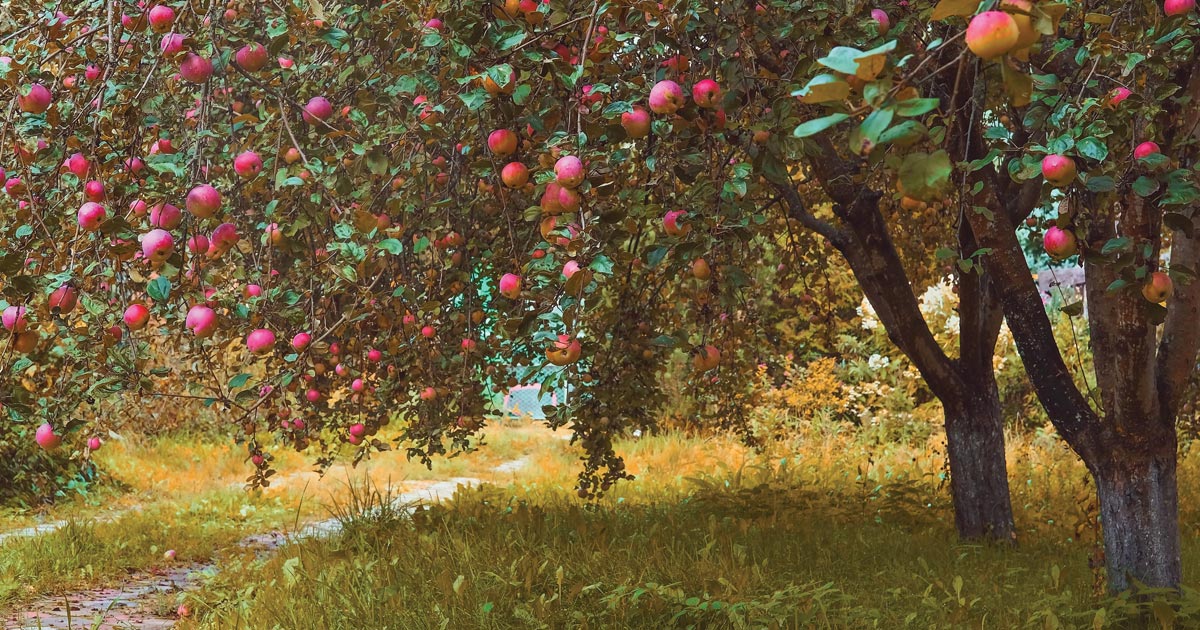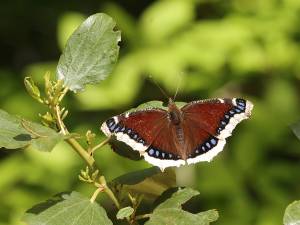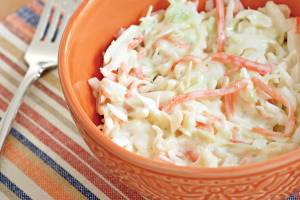By CRAIG THOMAS NAYLOR
As evening sunlight casts long shadows on fall’s golden grasses, chores on my land and in the orchard turn to winter preparations. We’ve harvested and stored the squashes. We’ve pulled, braided, and dried the onions and garlic. We’ve blended the basil with nuts, garlic, and olive oil, and frozen it in ice cube trays for “pesto pucks,” to later pull for cold-weather pastas. Candi has canned and frozen multiple quarts of salsa for a bit of winter spice.
The cherries, peaches, and apricots are distant memories of long, hot, smoky summer days, and, I’ve picked the last of the apples and stored them to ripen.
My attention turns to putting the orchard to bed. It doesn’t whine and tussle like my grandkids often do, but my 60-some trees still need the equivalent of a bedtime story.
After most of the leaves have fallen, and the bees have taken to winter rest, I spray with Bordeaux, a mixture of hydrated lime and copper, which helps prevent bacterial diseases such as fire blight and peach leaf curl. It’s a caustic mixture, so I don long sleeves, rubber boots and gloves, a respirator, and eye protection, then coat the trunk and branches.
Next, about every four years, I paint the trunk with a watered-down solution of white latex, to prevent sunburn when winter rays reflect off glistening snow. A 50-50, paint-to-water solution works well, and I use the cheapest paint I can find.
Mice, voles, and pocket gophers are nasty critters in summer, but their danger increases in winter when they do their work covertly, under the snow, like four-legged CIA agents.
I spread castor oil repellant around the perimeter of the orchard and in a few areas where the gophers are particularly active. Those little buck-toothed beasts can eat the roots of a small tree in one season! The tree will leaf out then wither and die, leaving only dashed hopes and some regretfully strong language.
The voles and mice stay above ground but will eat the bark at the base of the tree, even a large one that’s been around for years, cutting off the life-flowing cambium, dooming it when spring comes.
To prevent this damage, I wrap pieces of aluminum window screen around each trunk and tie it with twine. I have a bunch of sections of white plastic sewer pipe I’ve ripped vertically on one side, and I slip these over the trunk for additional protection. One of these days, I’ll splurge for some of the fancy trunk wraps you can buy commercially, but, for now, I’ll continue my frugal ways and work with what I have.
This process means I need to get down on my knees for each tree. As many of you know, getting down is the easy part, but rising back up is, at our age, quite a bit more difficult. So, while I’m down there, I take my time.
I pull a few weeds. I commune with each tree, thinking about the fruit it blessed us with this past year and, since they’re all unique, about the special tasting bounty each one produced.
If it’s been barren for a few years, we have a talk. I ask it if it needs some special fertilizer. Or, perhaps, I scold it, hoping a little shame will help, which we all know is rarely productive in any situation.
I place my hands palm down and say a few words of thanks to Mother Earth for the bounty She provides and raise my eyes to the Father for the many blessings of life.
And then I move to the next tree and do the same.
When finished, I put my tools away and move on to hunting for a bit of last-minute wood—cutting and stacking it, in anticipation of lounging contentedly in my warm home as the temperature drops outside.
I wrote a poem about this. I hope you enjoy it. And I wish you all a beautiful fall season filled with great thanksgivings. MSN
Happiness
— comes not with shouts of Alleluia!
nor heavenly trumpets
but
often
in small parcels
the gentle chime of a tiny bell
a smile from a newborn baby
a lick on the ear from a friendly dog
the purr of a cat
the last call of the last meadowlark before heading south
and
this morning
as long shadows stretch westward on golden grass
with dreams of falling leaves
as fog
glinting silver
cloaks the valley floor
happiness comes
in a rising sun peeking over mountains
and
as the days turn cool to cold
of apples stored
braided onions hung to dry
of a woodshed stacked and full
awaiting winter fire









